2009-2019 Self-immolations in Tibet
Since February 2009, there have been 155 confirmed self-immolations within Tibet and the PRC, 12 occurring in 2011, 86 in 2012, 27 in 2013, 11 in 2014, 7 in 2015, 3 in 2016, 5 in 2017 and 4 in 2018.
27 results
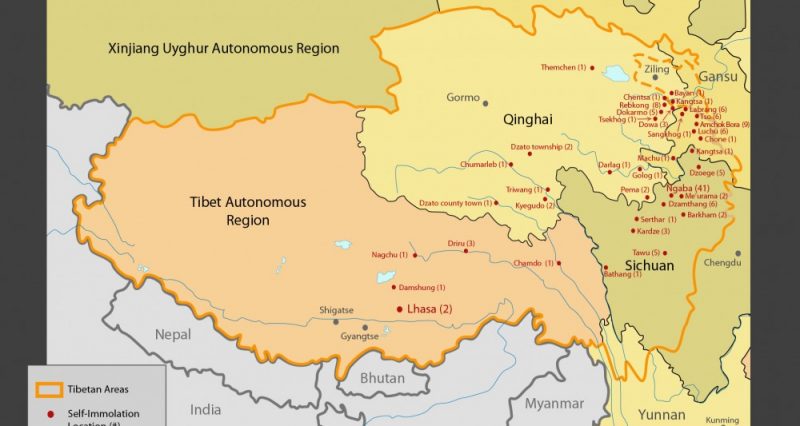
・ International Campaign for TibetFactsheet
Since February 2009, there have been 155 confirmed self-immolations within Tibet and the PRC, 12 occurring in 2011, 86 in 2012, 27 in 2013, 11 in 2014, 7 in 2015, 3 in 2016, 5 in 2017 and 4 in 2018.
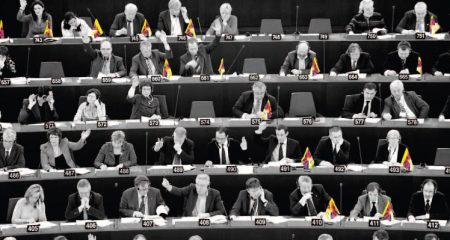
・ International Campaign for TibetFactsheet
The International Campaign for Tibet (ICT) proudly celebrated its 25th anniversary in 2013. For more than two decades, ICT has called the world’s attention to the injustices and brutality suffered by the people of Tibet. With offices in Washington, DC, Amsterdam, Berlin and Brussels, ICT’s advocacy work reaches international audiences, gaining support for Tibet among […]
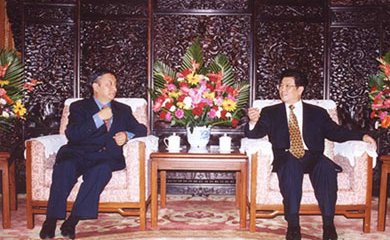
・ International Campaign for TibetFactsheet
In September 2002, following renewed contact, the envoys of the Dalai Lama arrived in Beijing to take part in what could be considered the most serious round of Sino-Tibetan talks since the early 1990s.
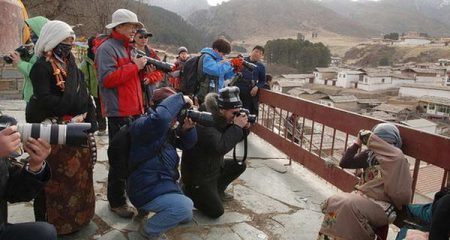
・ International Campaign for TibetFactsheet
Accelerated economic development under current Chinese government policies and, in particular, the advent of the railroad and resulting increase in tourism, have also heightened concerns for the survival of Tibet’s unique identity.
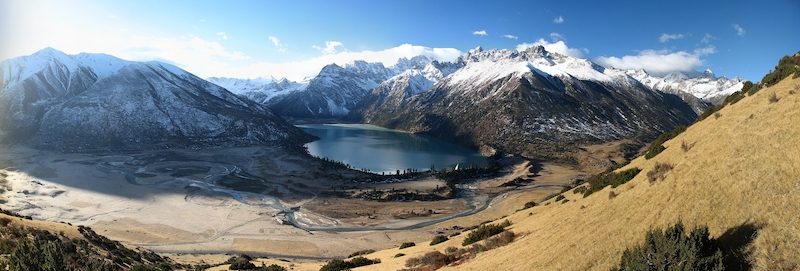
・ International Campaign for TibetFactsheet
Tibet, the world’s largest and highest plateau, is referred to as the ‘world’s third pole’ because it contains the biggest ice fields outside of the Arctic and Antarctic and is as important to the world climate as the two poles. The Tibetan plateau is warming twice as fast as the rest of the world and the impact of the now melting glaciers will be catastrophic.
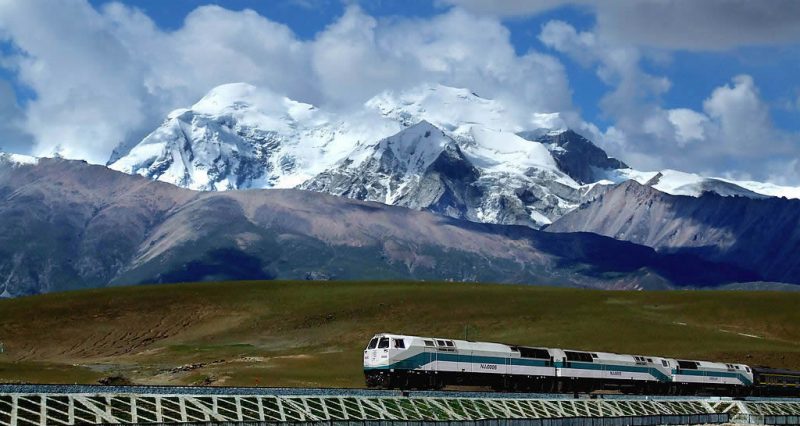
・ International Campaign for TibetFactsheet
The world’s highest railroad across the Tibetan plateau to Lhasa (completed in July 2006) and the forthcoming line from Sichuan to Tibet are the most high-profile symbols of Beijing’s ambitious plans to develop the western regions of the People’s Republic of China (PRC). As an indispensable element of Beijing’s ‘transportation revolution’, the aim of this […]

・ International Campaign for TibetFactsheet
Tibet’s nomadic lifestyle is one of the last examples in the world of sustainable pastoralism. For centuries, Tibetan nomadic herders have made a sustainable living uniquely adapted to the harsh conditions of the Tibetan plateau. However, since the beginning of the Western Development Strategy in 1999-2000, the Chinese government has been implementing policies of settlement, […]
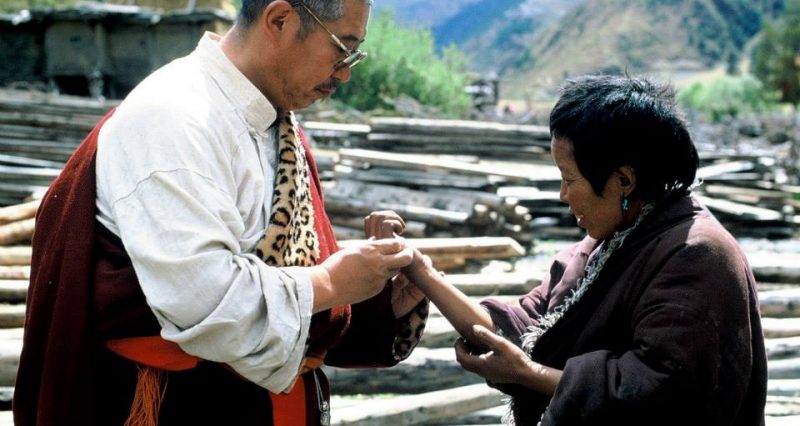
・ International Campaign for TibetFactsheet
Numerous indicators suggest that China is far from realizing its fundamental obligations with regard to provision of health care in Tibet.
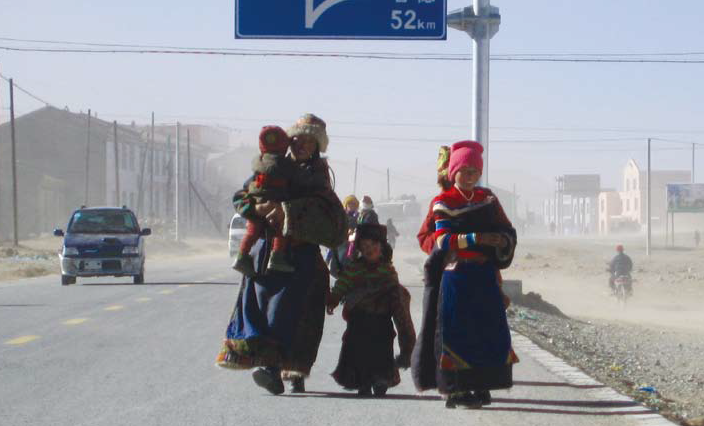
・ International Campaign for TibetFactsheet
The implementation of the Western Development Strategy has increased the gulf between Tibetans and their migrant Chinese neighbors who benefit from state-supported policies and investments creating opportunities, which largely advantage workers and entrepreneurs with Chinese fluency,Chinese work cultures and connections to businessnetworks in China.
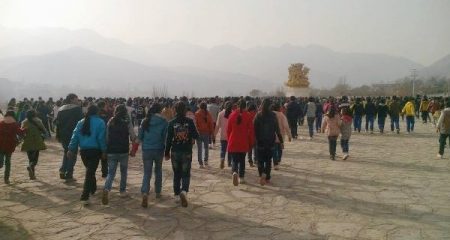
・ International Campaign for TibetFactsheet
Despite years of investment under the Western Development Strategy, the vast majority of Tibetans in Tibet are severely disadvantagedboth socially and economically by the inadequate provision of education.
A newsletter providing concise information and perspectives on the political, economic and human rights situation in Tibet